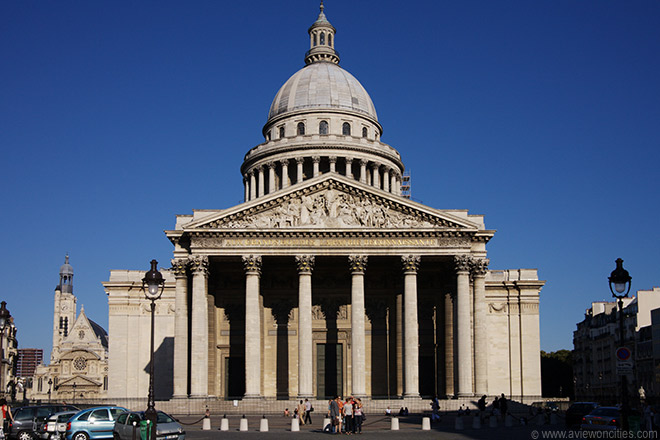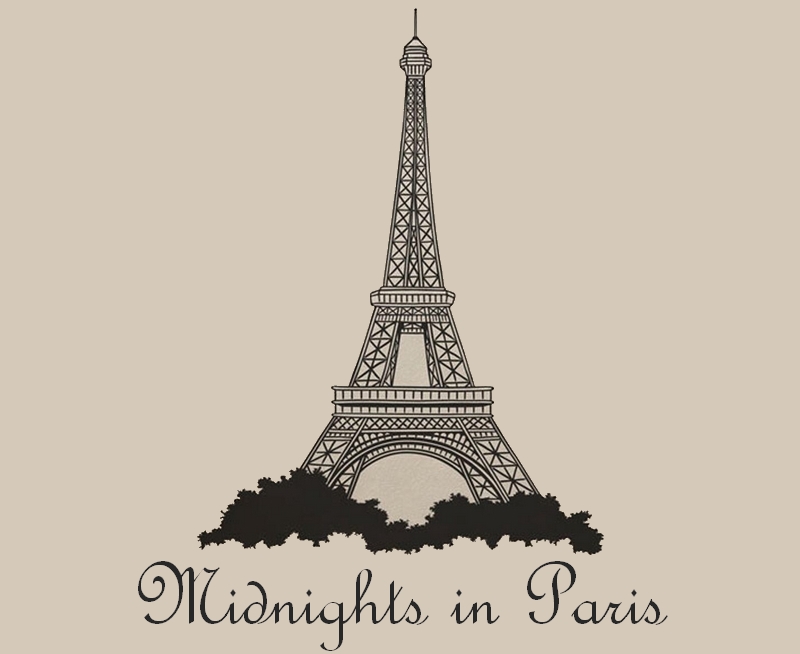 |
| source (clic) |
Recently, we celebrated
All Saints' Day (fr. La Toussaint ). In France
For
this reason I would like to propose a trip to the one of the quietest places in
Paris Latin Quarter at
the end of XVIII century, the Panthéon became an eternal shelter for the
greatest personalities of Republic since the French Revolution.
 |
| source: midnights-in-paris |
Panthéon has been enrapturing me with its eclecticism.
Just beside St Genevieve you can find the sculpture named Autel de la
Convention nationale ¬¬prepared by François-Léon Sicard
to commemorate The National Convention – first republic government of France France
 |
| source (clic) |
I can't stop thinking
about the pattern for choosing those greatest of the greatest. Why, for
example, I can meet in the Panthéon Hugo, Zola and Dumas but to meet Molier I
need to go to Père
Lachaise Cemetery
I strongly recommend you
to visit the Panthéon when the opportunity will come. You will find there the
calmness and silence. The mausoleum will give you also an idea how the French
perceive the concept of nation and its leaders. What is more, standing so close
to the personalities like Victor Hugo or Jean-Jacques Rousseau gives a shiver
and assures you that they really existed.
As an addition to this
post, I suggest watching the ceremony of transfer of Dumas’ remains to the
Panthéon. It was in 2002, the day of 200th birthday of the writer.
Jacques Chirac, who leaded the funeral service, said: "With you, we were
D'Artagnan, Monte Cristo, or Balsamo, riding along the roads of France

